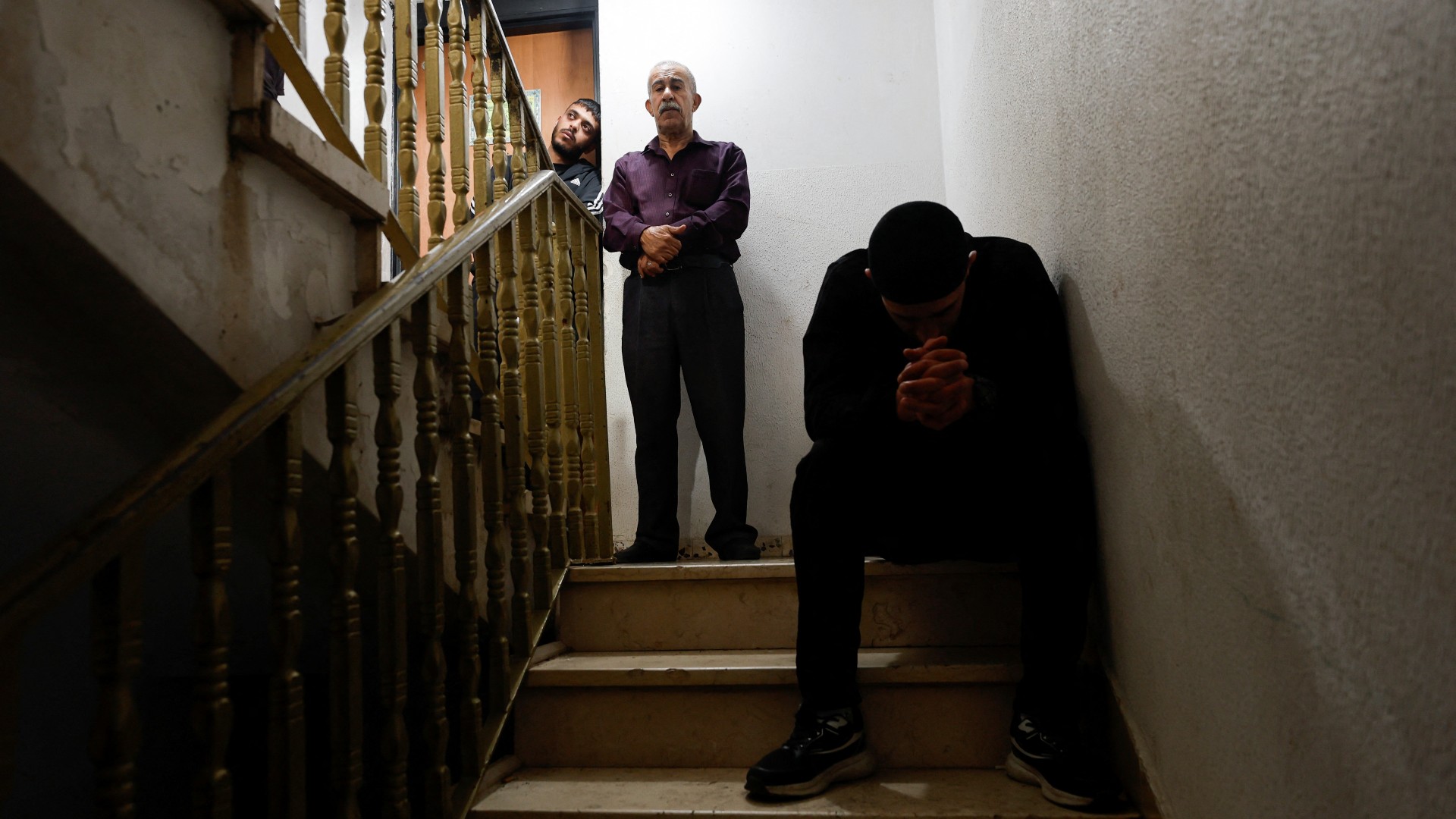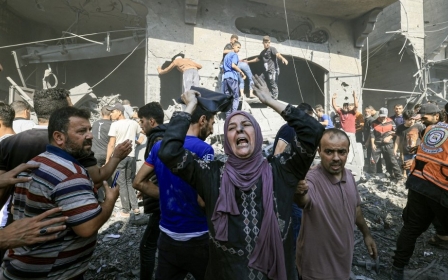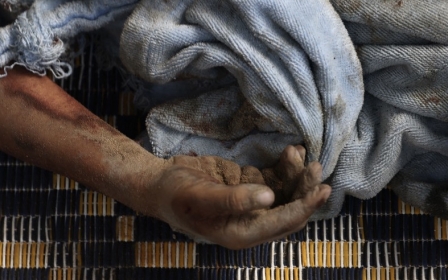Israel-Palestine war: West Bank settlers run riot as Palestinians are shot and abducted
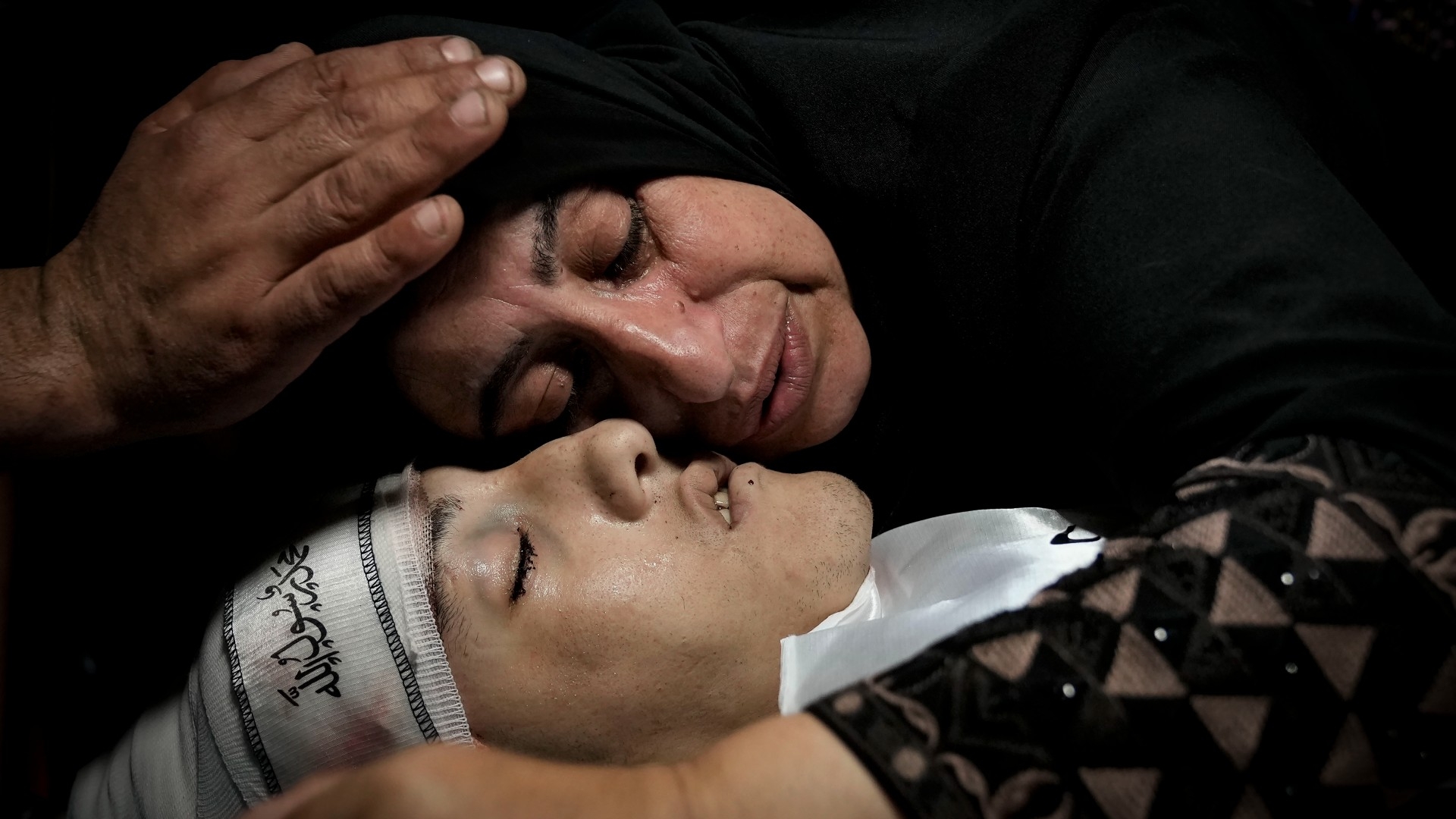
In a central Ramallah street, Samar is trying to find a cab. She’s come to the occupied West Bank city from her home in the northern town of Kafr al-Dik so her husband can receive medical treatment. But no one will take her home.
It’s simply not safe to travel the West Bank any more. Kafr al-Dik has always been a target of far-right Israeli settlers, who for years have sporadically attacked the town and its Palestinian inhabitants.
In the 12 days of war between Israel and Palestinian factions in Gaza, however, the danger of settler attacks has reached a new extreme.
Samar, 55, is too frightened to even disclose her real name, in case she or her family are targeted in response.
"From the break of day, I've been in search of a taxi willing to transport my husband and myself from Ramallah back to our home. Many have declined, citing the perilous nature of the route considering the ongoing aggressions,” she told Middle East Eye.
New MEE newsletter: Jerusalem Dispatch
Sign up to get the latest insights and analysis on Israel-Palestine, alongside Turkey Unpacked and other MEE newsletters
On 7 October, Palestinian fighters attacked Israeli communities near the Gaza Strip, killing around 1,400 Israelis. Israel has responded by relentlessly bombing Gaza, killing more than 3,500 Palestinians.
Meanwhile, Israel has placed the West Bank under lockdown, closing checkpoints, fortifying the entrances to towns and villages, and imposing strict restrictions on travel in and out of the border with Jordan.
In 12 days, at least 64 Palestinians - several of them children - have been killed by Israeli soldiers and settlers.
On Wednesday, a 15-year-old and a 17-year-old were shot dead near Ramallah during protests against a reported Israeli strike on a Gaza hospital that is estimated to have killed 500 people.
Though Palestinians are more restricted in the West Bank than ever, Israeli settlers can attack at will. Homes, businesses and people have all been victims of settler attacks.
Follow Middle East Eye's live coverage for the latest on the Israel-Palestine war
"We've been living under the shadow of fear from settler aggressions for years, as they increasingly encroach upon lands adjacent to our village, this fear now feels twice as palpable," Samar said.
Her fear is reflected by every Palestinian that MEE spoke to in Ramallah and beyond, whether on street corners or in the confines of their homes.
Streets and city centres that once heaved with traffic and pedestrians are now eerily quiet. Universities are largely teaching online only - the same as schools in particularly turbulent areas. People are stockpiling food.
Settler attacks
In al-Tuwani, a remote village nestled in the Masafer Yatta area in the southernmost part of the West Bank, a settler shot Zakaria al-Adra, a 29-year-old Palestinian, on Friday at close range after a group of settlers attacked the village's mosque.
Somehow he’s still alive, but remains in hospital under vigilant medical care.
Fouad Lamour, an anti-occupation activist in al-Tuwani, told MEE that settlers had not dared to show this level of brutal aggression towards the villagers before.
“They fired shots at point-blank range, all while being shielded by an army that merely stood by and watched without intervening,” he said.
This close-knit community of some 350 Palestinians is surrounded by illegal Israeli settlements on all sides.
“Given the recent unrestrained actions of the settlers, the possibility of further violent aggressions remains ever present,” Lamour said.
In the town of al-Jib, which lies between the cities of Nablus and Qalqilya in the northern West Bank, a group of settlers disguised as soldiers kidnapped 55-year-old resident Ibrahim al-Sada outside his home.
Sada’s house is in al-Jib’s southeastern corner, uncomfortably close to the expanding boundaries of the Gelad settlement, which has encroached upon the village lands.
He told MEE that four settlers wearing Israeli army uniforms first attacked a group of farmers harvesting olives.
When they approached him, Sada assumed they were regular soldiers, but their intention soon became clear: they attacked, subdued and abducted him.
Sada’s 15-year-old son Osama witnessed his father’s abduction and alerted relatives and other residents.
But attempts to save him were met by threats from the settlers that they would shoot anyone who came near.
After contacting the Palestinian Authority for help, the Israeli military intervened and secured Sada’s release.
Sada spent two hours in the settlers’ hands, dreading he would meet his end. "The spectre of death loomed relentlessly before me," he recalled.
The Applied Research Institute, known as Arij, says settler attacks have surged by 40 percent since 7 October. In a recent study, it also said settlers in the West Bank had about 4,000 firearms.
Shutdown
Traversing the West Bank as a Palestinian is challenging at the best of times, but since the Israeli shutdown journeys between different locations must now be made on rugged, unpaved routes.
According to Arij, the Israeli military has 567 checkpoints and other kinds of obstructions across the West Bank. Around 150 of those are new, using dirt mounds, reinforced cement blocks and iron gates.
Abd al-Hadi Azzam, who works in al-Najah University near Nablus and lives in Ramallah, told MEE his commute used to take at worst an hour and a half. Now it takes him four hours, partly because settlers are often found on the roads harassing people.
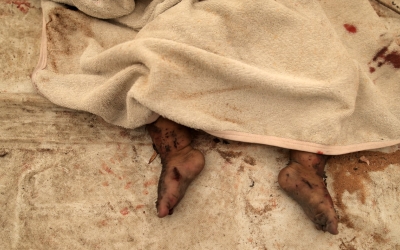
He’s taken to staying in Nablus during the week to avoid being attacked.
"On one hand, travel has come to dominate a significant portion of my daily hours, and the danger is alarmingly high. On the other hand, the notion of leaving my family alone in Ramallah, especially with the developments in the West Bank, is unthinkable."
To many Palestinians, the current situation is worryingly similar to the Second Intifada, when Israeli troops descended on Palestinian cities, laid siege to them and destroyed much infrastructure.
Arij Suhail Khaliliya, the manager of the Settlement Monitoring Unit NGO, believes that the situation is indeed poised for further escalation.
The Israeli military is behaving in new and unpredictable ways, she said, with increased settler freedom and the restrictions of movement for Palestinians most prominent.
"Such a move, unparalleled in its scope, threatens to further entrench the challenges faced by the Palestinian populace," Khaliliya told MEE.
In the southern city of Hebron alone, all 70 checkpoints have been sealed and a nighttime curfew for Palestinians is being enforced.
Worse yet to come
Khaldoun al-Barghouti, a political analyst specialising in Israeli affairs, told MEE the apparent unchecked autonomy of settlers and the discussions within Israel of arming them more heavily are very concerning.
"Such a move is tantamount to handing settlers an implicit green light to target Palestinians, annex more territories, and carve out fresh settlement enclaves, all without a formal authorisation," he said.
Barghouti believes worse is yet to come.
Global attention is firmly fixed on Gaza. Yet when the smoke clears from the Israeli assault on the coastal enclave, Barghouti predicts Israel will shift focus to the West Bank, trying to reinforce its dominance by isolating Palestinian communities from each other.
This, he noted, would completely upend Palestinian life there.
"This course - albeit not novel, having been in Israel's playbook prior to the present circumstances - is likely to gain momentum, potentially hastening their plan to annex the entire West Bank."
This article is available in French on Middle East Eye French edition.
Middle East Eye delivers independent and unrivalled coverage and analysis of the Middle East, North Africa and beyond. To learn more about republishing this content and the associated fees, please fill out this form. More about MEE can be found here.


